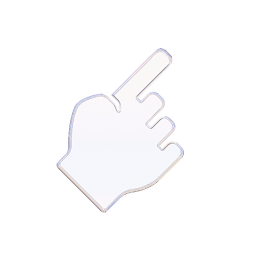Economic adviser
Tasked with finding out which way the economic winds are blowing, economic research analysts carry out scientific monitoring and gather precise data to predict variations in economic activity in a given sector.
- Starting salary (per month)-
- Job ads148
The life of an economist...
Collecting information
Economists gather vast amounts of information from various sources, including newspaper articles, professional publications, reports, research journals, surveys and so on. Sometimes, they’re required to travel to conduct their own research.
Interpreting data
Having compiled the relevant qualitative and quantitative data, they begin interpreting and analysing the raw data in front of them. They structure their results as clearly as possible (with the help of models, drawings and tables) then put them into reports and summary notes. They may also work on funding and marketing studies, so called financial risk forecasts, as well as pricing analyses.
Sharing results
Unlike researchers, economists have to take their findings and turn them into exact and precise reports so they can be useful to companies. They need to be able to summarise and restate their research and conclusions in order to convince managers of their findings.

Fun fact
Fun economic fact: in 2016, Chartreuse liqueur brought in around €15 million for the monks who make it. Enough to buy communion wine for every church in the land...! Even today, the recipe for this centuries-old liqueur remains a tightly-guarded secret. It’s only known by three monks, who each only know two-thirds of the recipe.
Skills
Hard skills
- Politics
- Survey techniques
- Business analysis
- Market analysis
- Economics
- Use office systems
- Statistics
Soft skills
- Analytical prediction
- Logical reasoning
- Formulation of opportunities
Typical educational background
- Economics graduates
- Business, applied mathematics and IT studies
- Masters in economic sciences, law, management, economic modelling, economic engineering, economic intelligence
Within companies
Is this description useful?
148 job offers available

2026 Summer News Internship (Frankfurt)
Internship 4 to 6 monthsFrankfurt, Germany
Junior Tax Adviser - Transfer Pricing (m/f/d)
Full time PositionLuxembourg, Luxembourg
Junior Tax Adviser (French speaker) - Indirect Tax (m/f/d)
Full time PositionLuxembourg, Luxembourg
Junior Tax Adviser - Commerce & Industry (m/f/d)
Full time PositionLuxembourg, Luxembourg
Junior Tax Adviser - Alternative Investments (m/f/d)
Full time PositionLuxembourg, Luxembourg
Resident PhD Fellowship
Fixed-term Position 36 monthsKøbenhavn Ø, Danmark
